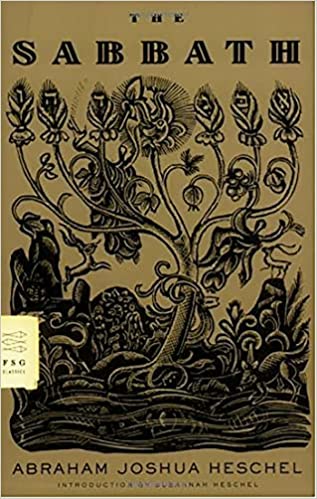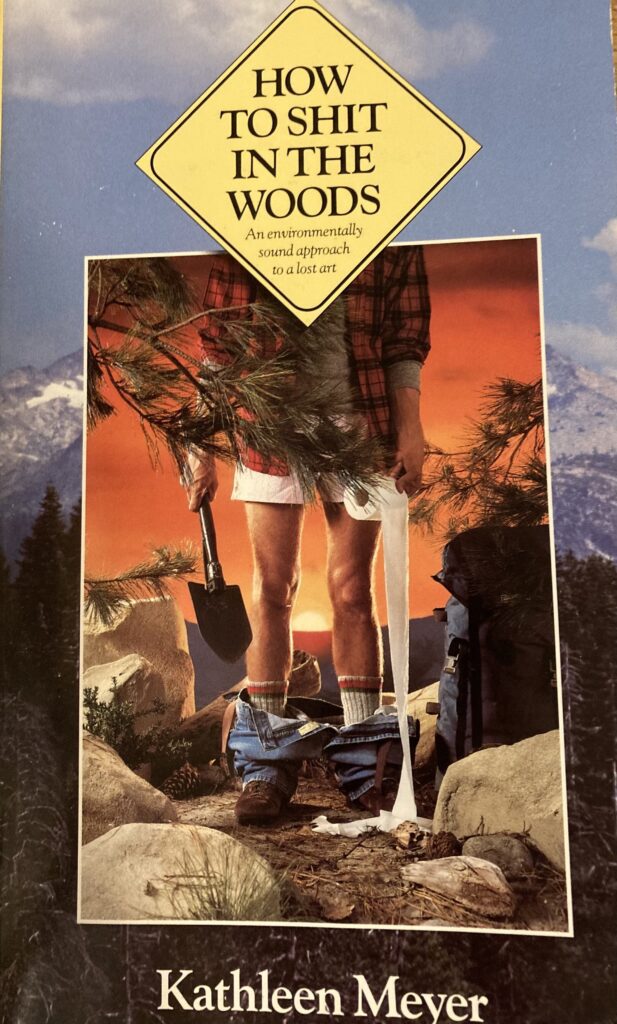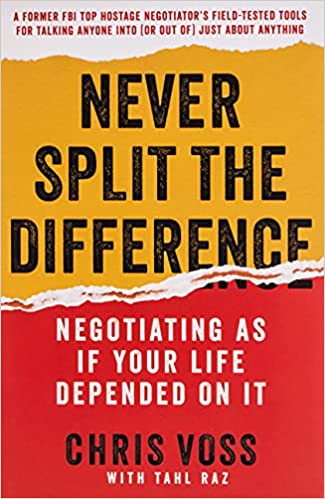By Bill Burnett and Dave Evans
I had read Designing Your Work Life by the same authors, but have been wanting to update my Finding Purpose online seminar using some of Burnett and Evans work, so read this one too.
Very similar books. I really resonated with the “reframing of situations” they do at the end of each chapter. So much of our work as career coaches is to help our clients / students look at their situation differently.
I also appreciate how they rely on these 5 principles: (1) be curious (curiosity), (2) try stuff (bias to action), (3) reframe problems (reframing), (4) know it’s a process (awareness), and (5) ask for help (radical collaboration).
All of these five principles have been a huge part of my own philosophy, but they’ve done a great job of articulating them. They must be smarter than me 🙂
The concept that you can prototype your future career options is also embedded in my thinking as well. And again, they articulate well here. Find some things you’d like to do, create some options (they say 3 futures of yourself) and then gather information and/or try them out without investing too much (like getting another Masters degree in something) so that you make the “best decision possible with the information you have today.” Note: that last quote is actually what I have been saying for years.
Great book for career coaches and for individuals who want to approach career decision making in a different way.







